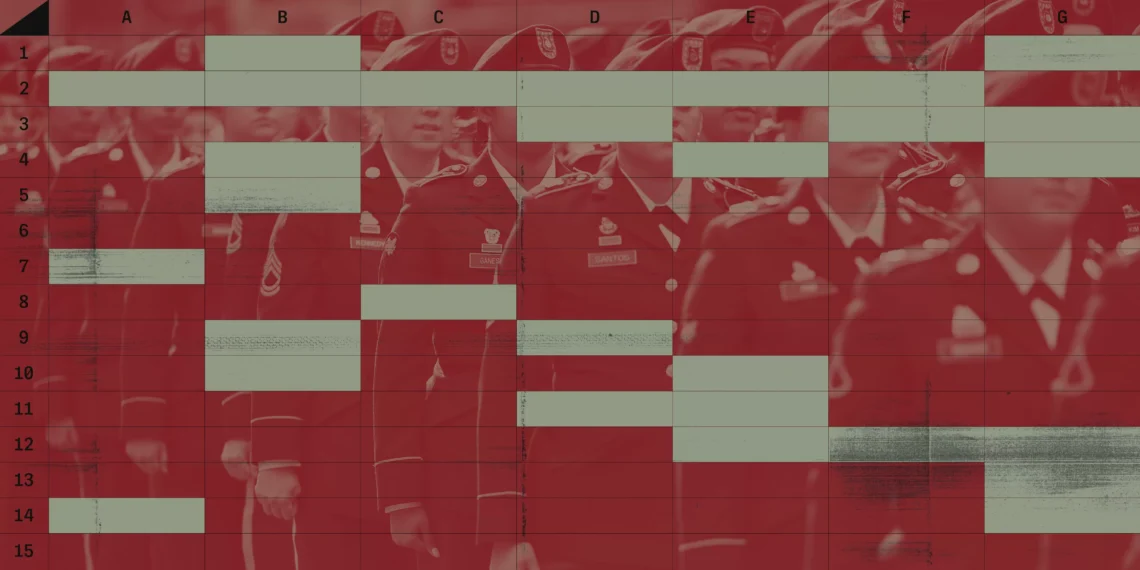The Pentagon, the headquarters of the United States Department of Defense, is considering cutting its Sexual Assault Prevention and Response (SAPR) program. This program is responsible for tracking sexual violence in the military and providing support to victims. The potential decision has sparked controversy and concern among advocates for victims of sexual assault.
The SAPR program was established in 2005 in response to the growing number of sexual assault cases in the military. It was designed to provide a safe and confidential reporting system for victims, as well as to educate service members on the importance of consent and respect. The program also offers support services such as counseling and legal assistance to victims.
However, the Pentagon is now considering cutting the program due to budget constraints. This decision has raised alarm bells among advocates who fear that it will lead to a decrease in reporting and support for victims of sexual assault in the military.
The potential cut to the SAPR program is a cause for concern for several reasons. Firstly, it sends a message that the issue of sexual assault in the military is not a priority for the Pentagon. This could have a negative impact on the morale and well-being of service members, especially those who have experienced sexual violence.
Moreover, cutting the SAPR program could also lead to a decrease in reporting of sexual assault cases. Many victims of sexual assault in the military are hesitant to come forward due to fear of retaliation or lack of trust in the reporting system. The SAPR program has been instrumental in creating a safe and confidential reporting system, and its potential cut could discourage victims from seeking help.
In addition, the SAPR program provides crucial support services to victims of sexual assault. These services are essential for the physical and emotional recovery of victims. Without the program, victims may not have access to the necessary resources and support to heal from their trauma.
The potential cut to the SAPR program is also concerning because it could lead to a lack of accountability for perpetrators of sexual assault. The program tracks sexual violence cases and ensures that perpetrators are held accountable for their actions. Without this program, there may be a decrease in the number of perpetrators being brought to justice.
The Pentagon’s consideration to cut the SAPR program is a step in the wrong direction. It is crucial for the military to prioritize the safety and well-being of its service members, and the SAPR program plays a vital role in achieving this. Cutting the program would not only be detrimental to victims of sexual assault but also to the overall culture and values of the military.
It is important to note that the SAPR program has been successful in its mission to prevent and respond to sexual violence in the military. According to a report by the Department of Defense, the number of reported sexual assaults in the military has decreased since the program’s inception. This is a testament to the effectiveness of the program and the need for its continuation.
In light of the potential cut to the SAPR program, it is crucial for the Pentagon to consider alternative solutions to address budget constraints. Cutting a program that is essential for the safety and well-being of service members is not the answer. Instead, the Pentagon should explore ways to allocate more resources to the SAPR program and ensure its sustainability.
In conclusion, the potential cut to the SAPR program by the Pentagon is a cause for concern. This program plays a crucial role in preventing and responding to sexual violence in the military and providing support to victims. Cutting the program would not only send the wrong message but also have a negative impact on the safety and well-being of service members. It is imperative for the Pentagon to prioritize the SAPR program and find alternative solutions to address budget constraints. The safety and well-being of our service members should always be a top priority.







